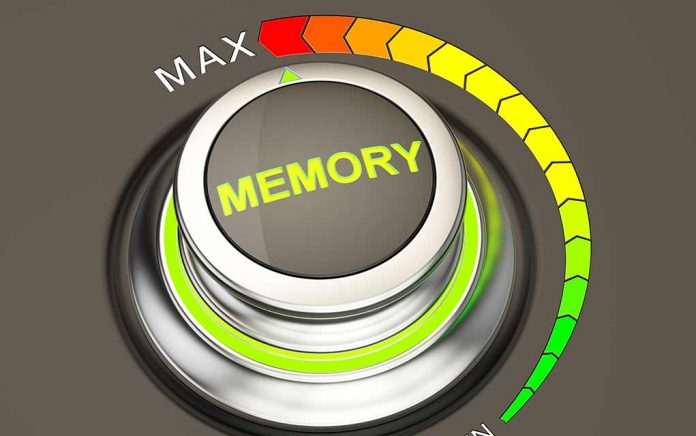
(AscendHealthy)- Missed appointments, lost keys and forgotten birthdays — feeling like it is hard to keep track of the important details of life can be incredibly frustrating. Although experiencing an occasional slip of memory is normal, there are those who are vulnerable to chronic memory problems.
Stress and depression can cause forgetfulness and so can head trauma, certain medications and aging. Individuals who have dementia or Alzheimer’s also experience chronic memory loss that worsens over time. Can the symptoms of memory loss improve? And if so, what kind of steps can be taken to make remembering details easier?
Can Memory Be Improved?
Improving memory is highly dependent on the exact circumstances behind this cognitive difficulty. At this point, there are no cures for genetic conditions like dementia and Alzheimer’s. There also aren’t treatments that slow down these progressive conditions. That being said, there are behaviors that can improve symptoms, like memory loss, and improve one’s quality of life. Additionally, forgetfulness caused by stress, medications and even minor trauma are considered to be reversible when the cause behind the symptoms is addressed.
Improving Memory Through Lifestyle Changes
Protecting and improving brain function begins with a healthy diet. A whole host of research suggests that foods high in omega-3 fatty acids support healthy cognitive function, including memory, and that being deficient in the essential nutrient is linked with impairments to learning.
Increased vitamin K intake, through vegetables like broccoli, spinach and kale, was also found to be associated with less self-reporting of memory problems in a 2016 study published in Maturitas.
A habit of regular exercise is also strongly supported as a means of improving verbal memory and learning skills. There is also an indirect effect that occurs with regular exercise, which is known to boost mood and improve sleep, both of which support healthy brain function.
Tricks and Exercises for Less Forgetfulness
Outside of living a healthy lifestyle, there are specific exercises that have been found to help the brain better perform its job of remembering details. For starters, even 13 minutes each day spent on a meditation practice can improve memory, according to a 2019 study published in Behavioural Brain Research.
Self-testing may also help with memory. This looks like learning something new and reviewing the facts again a few minutes later. This could be as simple as meeting someone and then challenging yourself to remember their name either by saying it again in the conversation or non-verbally recalling it a few times.
For those who need a quick fix, Harvard Health recommends tricks to combat a faltering memory or make better use of the memory you have. Tools like repeating important details out loud or making associations by telling yourself a story about your grocery list could help make the day-to-day feel a little less disorganized.
When quality of life begins to suffer because of a struggle to keep track of belongings or important information, it might be time to seek out extra support. It isn’t easy to ask for help, but an outside perspective can offer new solutions.
~ Here’s to Your Healthy Ascension
Copyright 2023, AscendHealthy.com




















